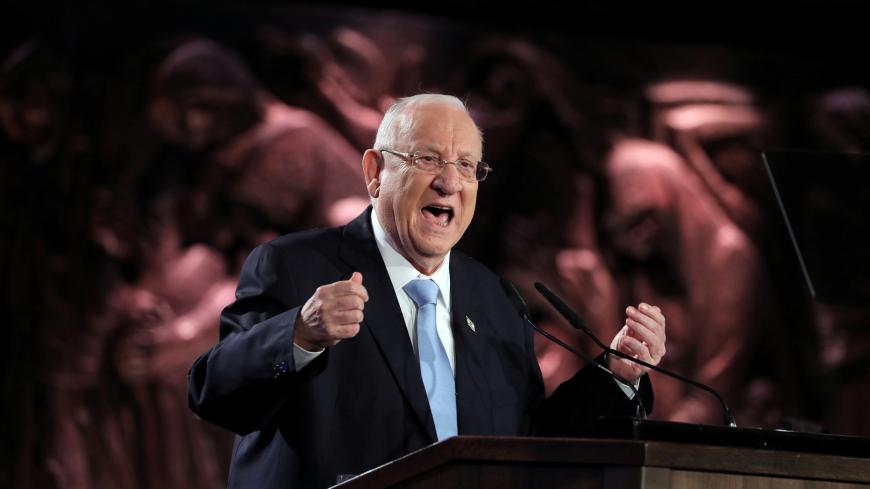Election campaigns by their very nature are an exercise in uncertainty, Chief Justice Esther Hayut opined in December 2019 in explaining why the top court would not rule on the question of whether an elected official under criminal indictment can be tasked with forming the government of Israel. Hayut and the other two justices on the panel adopted the position taken by Attorney General Avichai Mandelblit who argued that a petition by 67 high-tech entrepreneurs represented by Attorney Dafna Holtz-Lachner was theoretical and premature given that elections were only scheduled for March. The justices were unimpressed with the petitioners’ warning of the chaos that would ensue on the day after the March 2 Knesset elections, should Mandelblit rule that an elected lawmaker under criminal indictment cannot be tasked with forming the country’s next government. The elections are now over, indicted Interim Prime Minister Benjamin Netanyahu has a clear lead and chaos is already here.
With voters having failed to pull these chestnuts out of the fire (offering Netanyahu the lead), the issue reverts to the legal arena. A petition filed the day after the elections argued that Netanyahu could not be tasked by President Reuven Rivlin with forming the next government, and sought a Supreme Court injunction suspending the process. On March 4, the court once again rejected the petition as premature given that official election results had not yet been issued and that Rivlin had not started conferring with the newly elected Knesset faction leaders on the issue. Nonetheless, the justices will likely be asked to delve into the matter within days.



